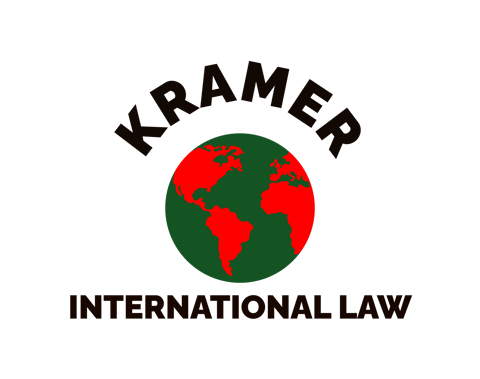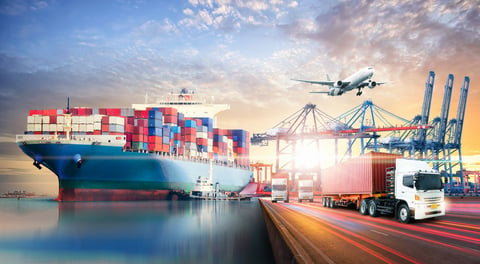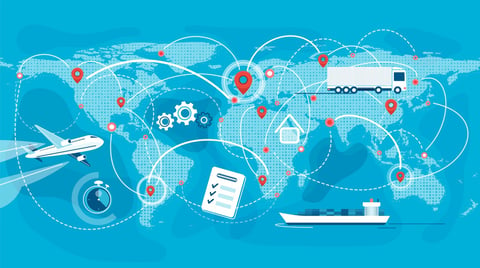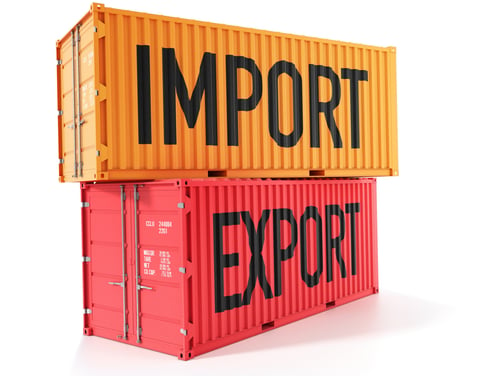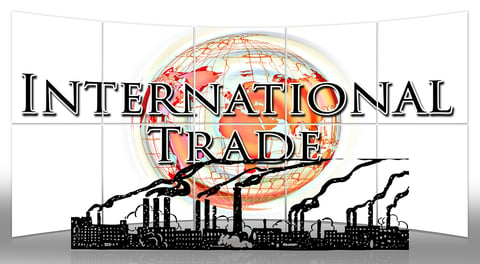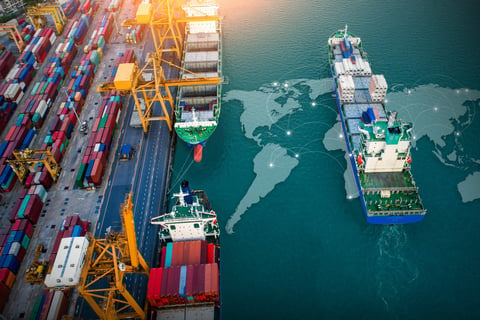International Trade
International trade law encompasses the rules and customs that govern trade between different jurisdictions.
International trade involves applying domestic laws to international trade and enforcing international trade law based on treaties.
At Kramer International Law, we provide guidance on international trade laws concerning the movement of goods, services, and technology across borders.
We advise both domestic companies doing business abroad and foreign companies on pertinent international trade rules and compliance with those rules.
Kramer International Law provides guidance on the implications of applicable foreign laws for domestic and international transactions.
We advise on customs, economic sanctions, export controls, trade remedies, government procurement, and anti-corruption.
We further advise on the rules of the World Trade Organization (WTO), a formal international organization regulating trade.
Trade and Investment Agreements
We counsel clients on free trade and investment agreements such as:
1) USMCA (United States-Mexico-Canada Agreement);
2) US free trade agreements with other countries;
3) Canada free trade agreements with other countries;
4) UK free trade agreements with other countries; and
5) WTO agreements.
We advise on interpreting and applying international trade agreements to advance or safeguard our clients’ interests.
We help clients understand how these agreements can facilitate their business expansion into export markets and also how to safeguard their domestic market.
We assist clients in leveraging countries' commitments under trade and investment agreements to protect and enhance their investments domestically and internationally.
We also provide strategic guidance on trade and investment agreements to offer solutions for companies encountering discriminatory or otherwise detrimental regulatory measures.
Recent Technology Trends
International trade has always been a crucial aspect of global business. The rapid pace of technological advancements in recent years has changed the way companies approach international trade, making it more efficient, reliable and cost-effective. Two technology trends have come to dominate this space.
Artificial Intelligence (AI): AI is transforming the way businesses approach international trade by improving the accuracy and speed of trade predictions, risk assessment and decision-making. AI algorithms can analyze vast amounts of data and provide insights into market trends, consumer behaviour and supply chain dynamics. This helps companies make informed decisions and reduce the risk of trade-related challenges.
Internet of Things (IoT): The IoT has revolutionized the way companies track and manage their goods as they move across borders. IoT devices, such as sensors and GPS tracking systems, provide real-time data on the location and condition of goods, allowing companies to monitor their progress and ensure smooth and efficient delivery of suppliers’ components. IoT also enables predictive maintenance, reducing the risk of supply chain disruptions because of loss or damaged goods.
Blockchain technology can assist international trade by providing a secure and transparent ledger for recording transactions. This ledger can be used to track the movement of goods and payments, and to verify the authenticity of products, enabling trust in supply chains. Additionally, blockchain can facilitate cross-border payments and trade finance, reducing the need for intermediaries and making transactions faster and more efficient. Overall, the use of blockchain can increase transparency, security, and efficiency in trade, leading to improved trust and more streamlined transactions.
International trade technology is constantly evolving, and those who embrace these trends will be better positioned to succeed in the global marketplace.
Export Control and Economic Sanctions
Export control laws can pose substantial challenges and represent compliance risks for businesses. These controls are extensive, covering direct and indirect transfers of goods, software, technology and services as well as re-exports in furtherance of foreign policy goals and issues of national security. Violations of export control laws can result in both civil and criminal penalties.
Economic sanctions change regularly and thus pose compliance challenges. We advise clients on how to conduct their businesses despite these challenges. We counsel on permissible and impermissible transactions, trade and financial transaction restrictions, licensing requirements, and enforcement. We assist businesses in developing and putting into practice compliance programs.
Trade Remedies, Customs, and Government Entities
Trade remedies are measures taken in response to subsidies (countervailing duties), sales at less than fair value (antidumping), and import surges (safeguards).
We provide advice on a wide range of customs issues that come up in international business dealings. This includes advising on classification, valuation and origin, administrative procedures, enforcement actions, and audits.
Kramer International Law advises on selling goods and services to government entities, including procurement, bidding, regulatory compliance, and contract performance. We also provide advice on issues arising from termination or debarment.
